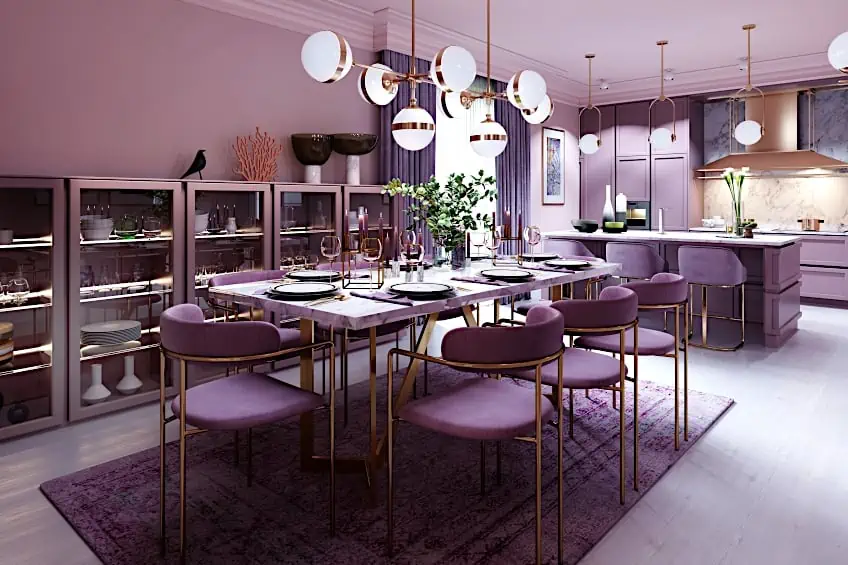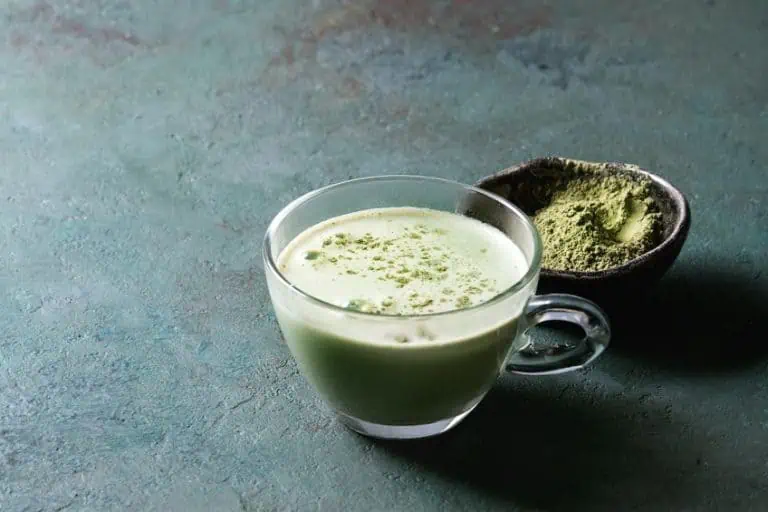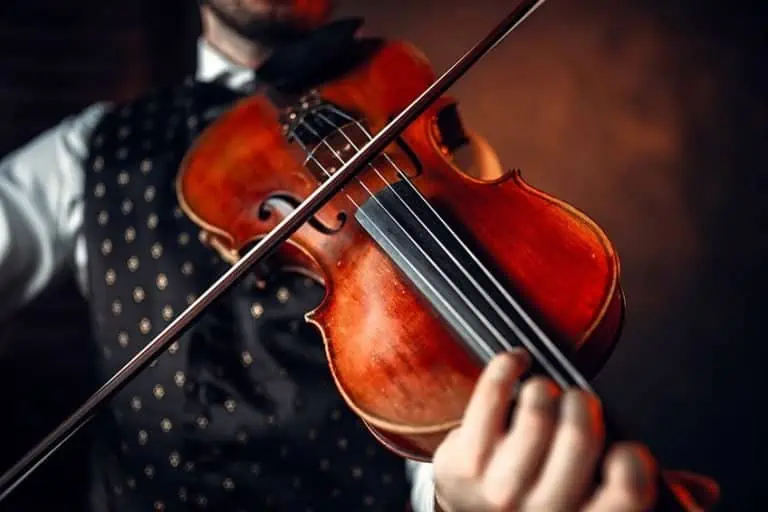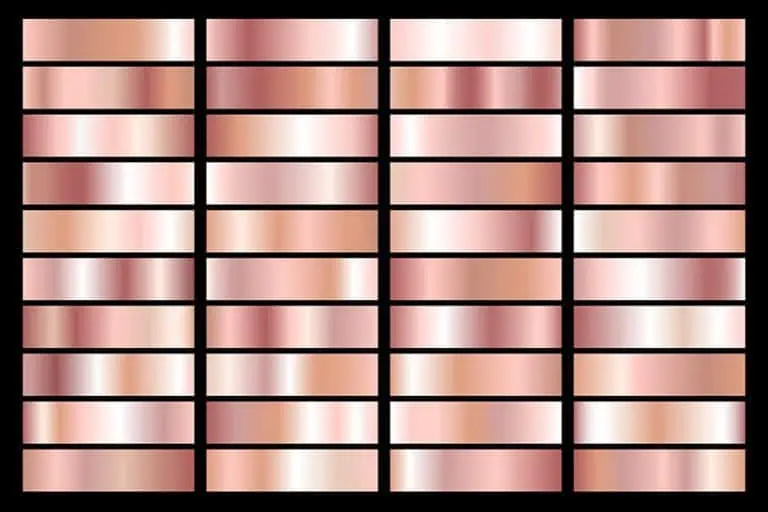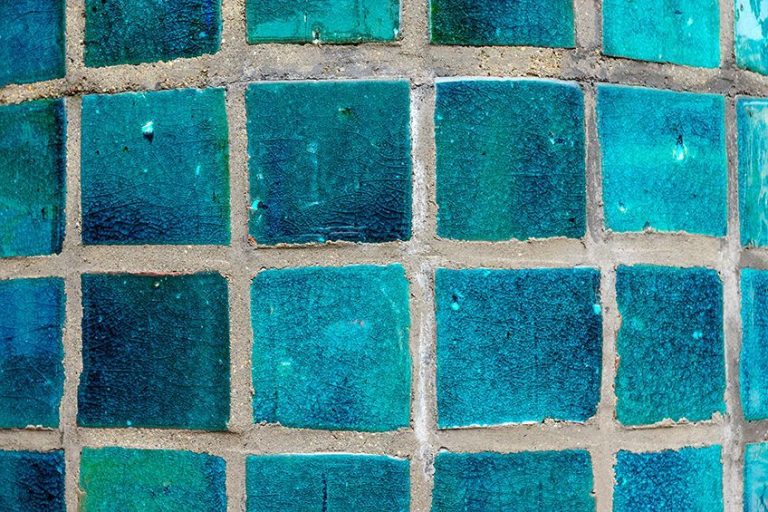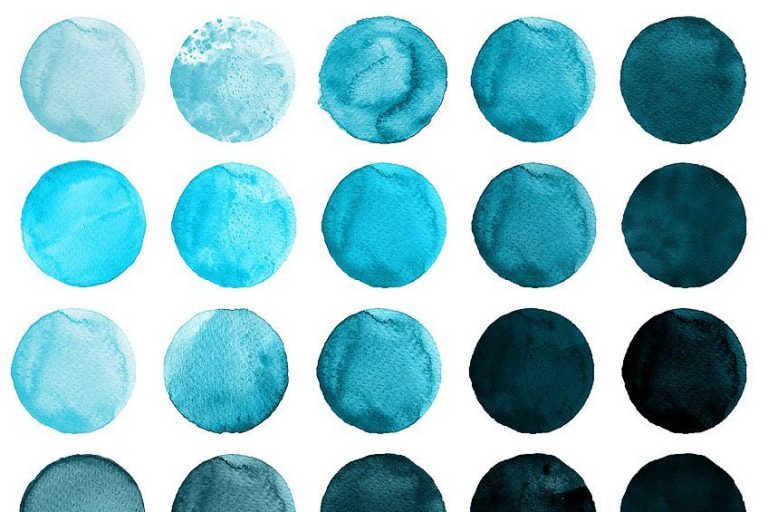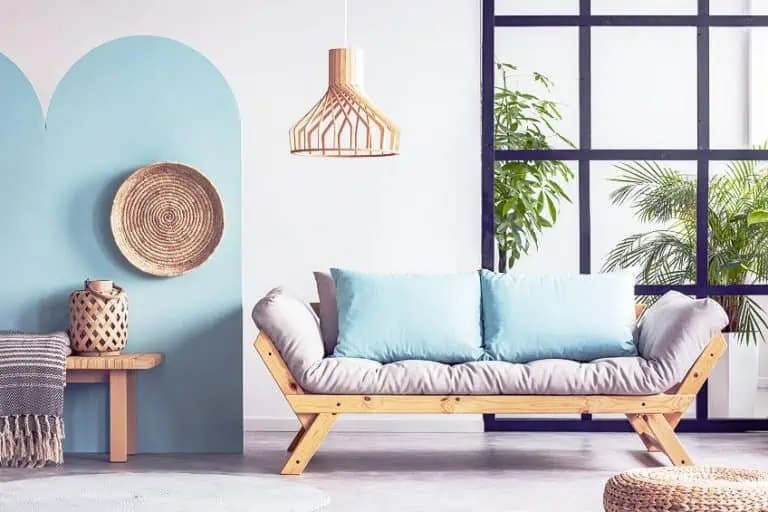Lilac Color – Learn All About This Soft Purple Shade
This post may contain affiliate links. We may earn a small commission from purchases made through them, at no additional cost to you.
What comes to mind when you think of the color lilac? Some people find it to be a hue that is full of grace and feminine energy, as well as romantic undertones due to the flowers that are associated with the lilac color. Today, we will explore everything there is worth knowing about the lilac color, such as what colors go with lilac, understanding the difference between lavender vs. lilac, as well as providing you with the lilac color code and lilac hex code! From lilac gray-purple shades to dark purple lilac, we will also learn which shades you should incorporate into your space.
Table of Contents
Everything You Need to Know About the Color Lilac
The soft lilac color is part of the purple family and is created by blending blue and red, mixed with a touch of white. Purple is located on the color wheel’s crossing point between cold blue and warmer red, hence blueish purples are considered to be cooler hues and reddish purples are considered to be warmer hues. Lilac’s pink tinge places it on the warmer side of the color spectrum.
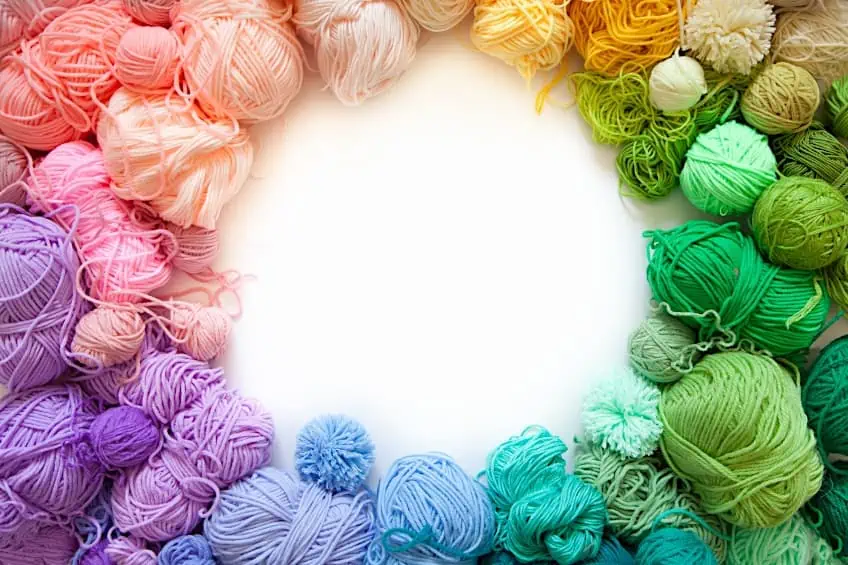
History of the Lilac Color
The term “lilac” first appeared in 1775. It is named after the hue of lilac blossoms. Lilac has always been connected with grief. It was one of the few colors thought proper for a woman to use towards the conclusion of her mourning phase when black was not necessary anymore in 19th century Britain. Lilac purple is a color that has a regal heritage.
Before 1856, purple dye was extremely costly, making it a sought-after color synonymous with luxury and power.
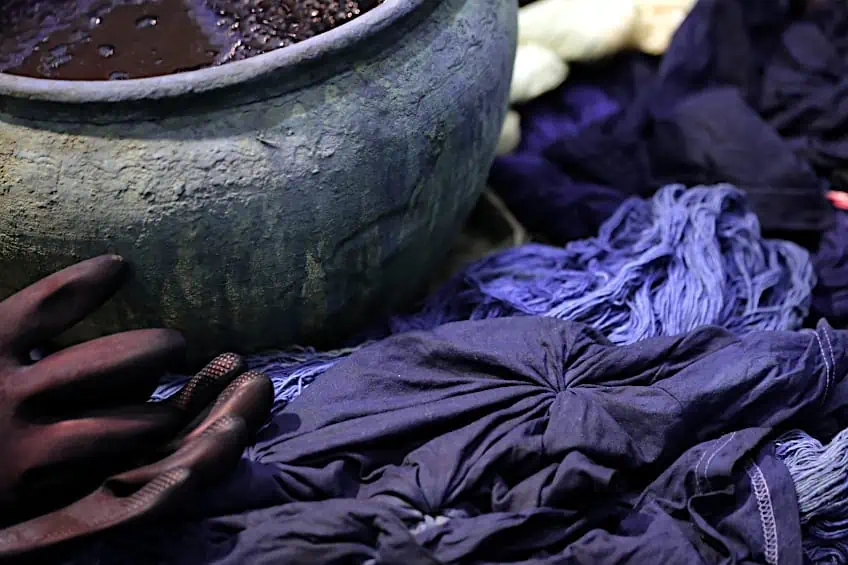
It is believed that only immediate members of the ruling household were authorized to wear purple lilac during Queen Elizabeth’s reign in the 16th century. Likewise, Julius Caesar forbade anybody else from wearing a lilac purple toga. Purple lilac was also worn by Byzantine rulers, and it was also appreciated by Catherine the Great. The lilac color shades have long served as a wellspring of inspiration for painters. In their artworks, Claude Monet and Vincent van Gogh both portray the elegance of lilacs.
Walt Whitman, an American poet, speaks of the lilac color in his renowned poems.
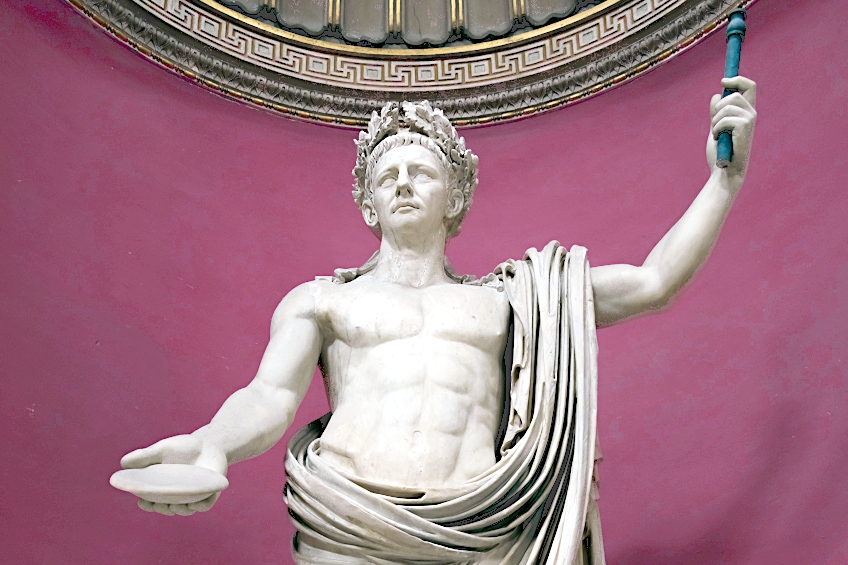
The Meaning of the Color Lilac
Lilacs are offered at the start of a romance indicating the first feelings of love. Presenting lilac flowers to your partner symbolizes your developing sentiments since the blooming of lilacs generally heralds the start of Spring. Lilac is frequently associated with feminine attributes such as loving, emotionality, and caring. This femininity is manifested by putting everyone’s needs ahead of their own, being compassionate, and averting conflicts.
The faint pinkish tint of lilac petals signifies inexperience and indecision.
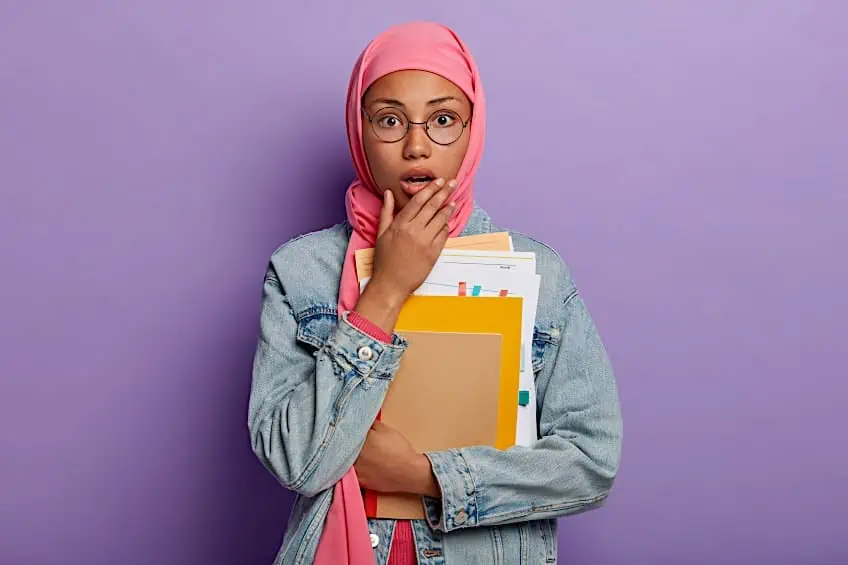
The distinctiveness of the hue, on the other hand, signifies a determination to stick out and challenge the herd. People’s views are less essential than the manifestation of feelings or character. The hue lilac is commonly linked with attributes such as sociability, open-mindedness, naivety, and assertiveness, based on the theories of color psychology. By fostering emotional expressiveness, the lilac color is claimed to help minimize antisocial tendencies and hostility.
The lilac color represents staying in the present moment, being friendly, and staying open to new ideas.
Lavender vs. Lilac
When it comes to lavender vs. lilac, they are actually two distinct hues. They are both regarded as pale purples, but while lilac has a pink hue to it, lavender instead has a blue tint. Lavender and lilac can clearly be distinguished by looking at the hex color chart used by designers. Yet, in common usage, the two hues are considered fairly similar, and the two colors are occasionally mixed up.
If you plan to use lilac in your art or design, have a look at the lilac color code as well as the lilac hex code to follow.
| Shade | Hex Code | CMYK Color Code (%) | RGB Color Code | Color |
| Lilac | #C8A2C8 | 32, 30, 37 | 220, 208, 255 | |
| Lavender | #e6e6fa | 8, 8, 0, 2 | 230, 230, 250 |

What Colors Go With Lilac?
The lilac color is a pleasant and adaptable hue. You might contrast it with hues like yellow, Indian saffron orange, olive green, and heather gray to create a vivid palette. It also looks excellent with similar colors of purple or with delicate baby pink. Because of its delicate look, lilac works well in circumstances where you want to portray delicacy or tranquility.
| Shade | Hex Code | CMYK Color Code (%) | RGB Color Code | Color |
| Heather Gray | #9c9da4 | 5, 4, 0, 36 | 156,157,164 | |
| Olive | #808000 | 0, 0, 100, 50 | 128,128,0 | |
| Lemon Yellow | #fff44f | 0, 4, 69, 0 | 255, 244, 79 | |
| Indian Saffron | #ff9933 | 0, 40, 80, 0 | 255, 153, 51 | |
| Baby Pink | #f4c2c2 | 0, 20, 20, 4 | 244, 194, 194 | |
| Lavender Field | #754C78 | 3, 37, 0, 53 | 45.9, 29.8, 47.1 |
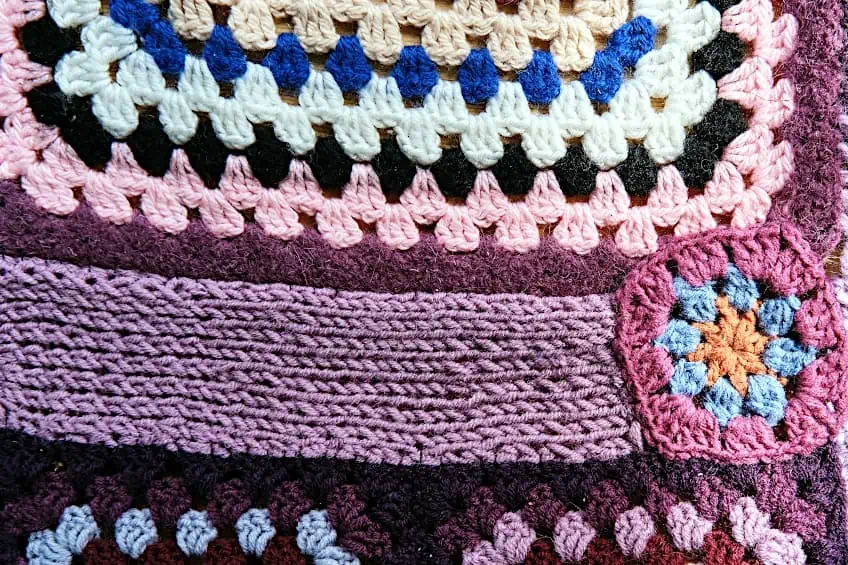
Because of its massive popularity, lilac might be an excellent choice for stylish, modern styles; mix it with white to keep it exciting and current. Lilac gray-purple blends well with rose quartz and white. Purple lilac evokes visions of sweeping meadows scented with beautiful flower fragrances.
If you are concerned that this color may age quickly, mix it with soft cerebellum gray tones for a cool and modern design.
| Shade | Hex Code | CMYK Color Code (%) | RGB Color Code | Color |
| Rose quartz | #aa98a9 | 0, 11, 1, 33 | 170, 152, 169 | |
| White | #ffffff | 0, 0, 0, 0 | 255, 255, 255 | |
| Cerebellum Gray | #c8c7c9 | 0, 1, 0, 21 | 200, 199, 201 |
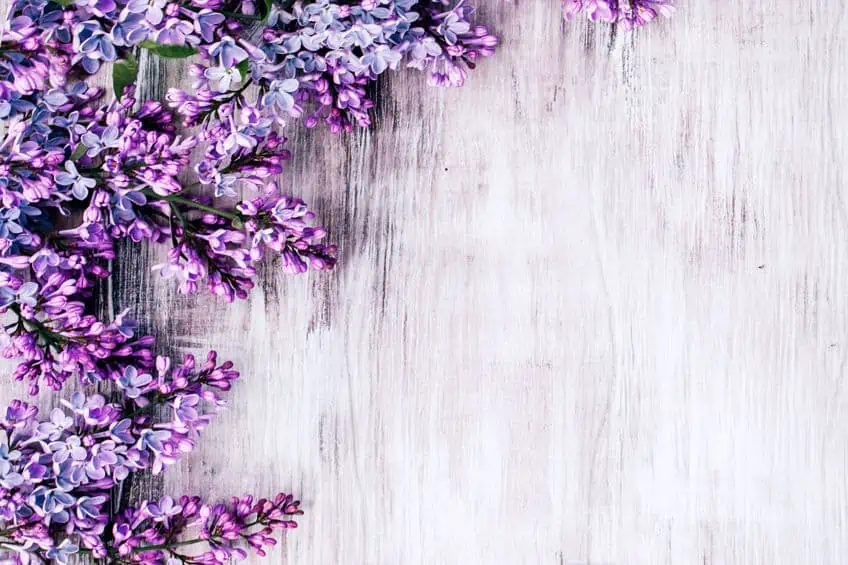
Using the Lilac Color in Your Home
Before you commit to a shade of the lilac color, consider the look of the room. When it comes to house ideas or interior design, this is always good advice. Create attractive feminine settings with an inviting feel by using lilac-toned whites on closets, furnishings, and bathroom vanities. For a dramatic yet tranquil bedroom concept, employ richer tones of honey gold and plum colors against a background of textured walls in soft lilac gray-purple. Choose a delicate tint like lilac purple for a sleek, gallery-style design that will add vibrancy to your place.
This is an adaptable color that is reminiscent of summer lilacs and will keep a space looking fresh all year.

Although lilac is frequently linked with understated beauty, it doesn’t mean it can’t be applied in a new and exciting way. Take a cue from Base Interior’s design, which used candy stripes to provide a surprise factor to a small basement cloakroom. Combining this hue with white creates a streamlined look that never goes out of style. It’s amazing how many different colors of lavender there are.
If you want to add purple lilac tones into your house but don’t want anything too saccharine, a washed-out tint may be the solution.
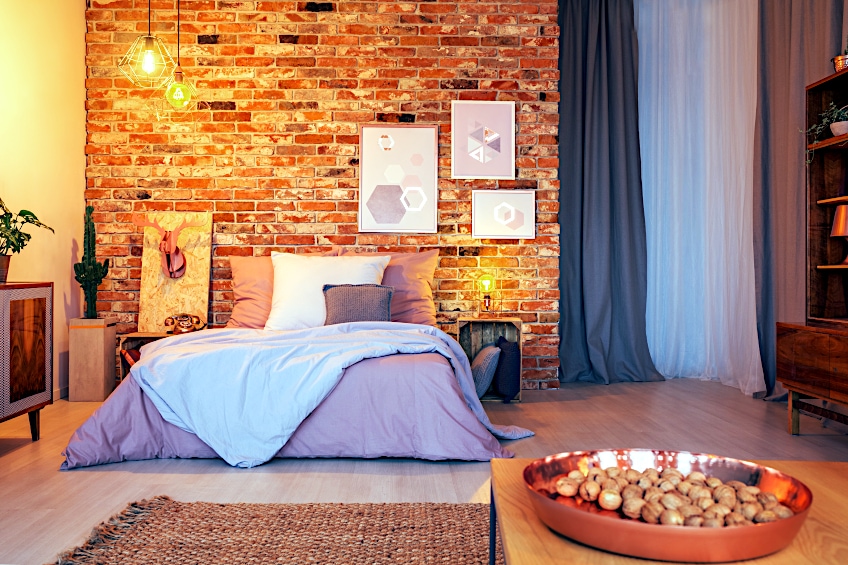
What colors go with lilac in your home? Combine lilac with a gentle pink for a pleasant, peaceful, and tranquil color combination. These two hues will produce a visually appealing and feminine look. If your room’s walls are lilac, pair them with a soft, coral-pink bedspread, cushions, and accent chair for a great two-color combo bedroom. Otherwise, gentle pink accents throughout the space will complement the predominant lilac tone.
Because lilac is of the purple family, it may be paired with any variety of purple. Combining lilac with a lighter or dark purple tint will result in a stunning and unified design that is both peaceful and comforting.
| Shade | Hex Code | CMYK Color Code (%) | RGB Color Code | Color |
| Coral Pink | #f88379 | 0, 47, 51, 3 | 248, 131, 121 | |
| Dark purple | #301934 | 8, 52, 0, 80 | 18.8, 9.8, 20.4 |
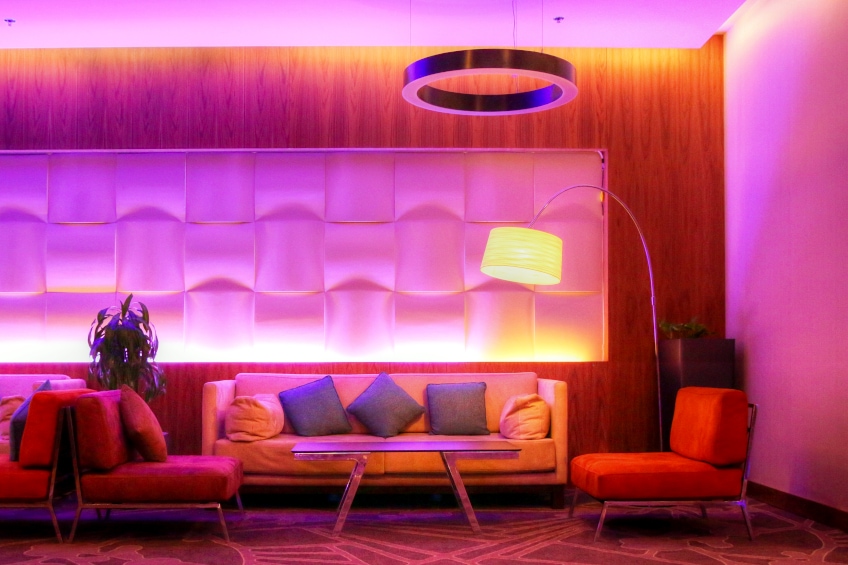
This is best employed if you still want some diversity in your lilac color scheme while still adding a contrasting impact. Incorporate a light blue with lilac to create a vibrant and unique décor that is charming and lovely to look at. When these hues are utilized together, the result is a décor that is invigorating, bright, and clean.
Add a third color to boost its visual appeal by using it as an accent color when coloring a space with this color palette.
Blend white with lilac for a hue that will give just the perfect amount of intrigue and pop of color to your décor. These two hues work well together to create an elegant, inviting, and stunning design. On the opposite side of the scale, lilac also plays really well with vibrant colors for a fun and unexpected interior design.
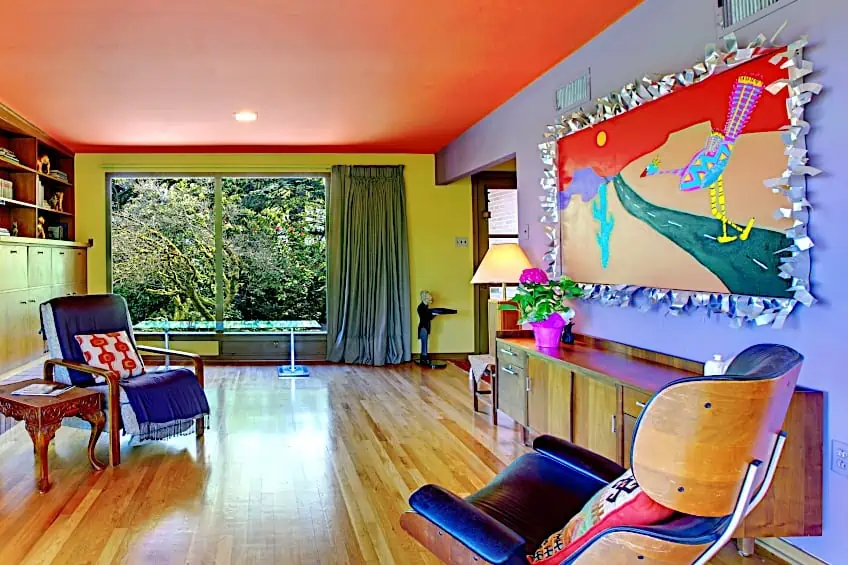
Gray is another fantastic hue to combine with lilac. These two hues contribute to a peaceful and tranquil décor with a relaxed atmosphere. You’ll appreciate the peaceful and serene atmosphere of this color scheme, which makes it ideal for a bedroom or living area.
Gray and lilac are not powerful or vivid hues, so choose these shades if you don’t mind a more modest but still appealing color palette.
| Shade | Hex Code | CMYK Color Code (%) | RGB Color Code | Color |
| Lilac | #C8A2C8 | 32, 30, 37 | 220, 208, 255 | |
| Cerebellum Gray | #c8c7c9 | 0, 1, 0, 21 | 200, 199, 201 | |
| Heather Gray | #9c9da4 | 5, 4, 0, 36 | 156,157,164 |
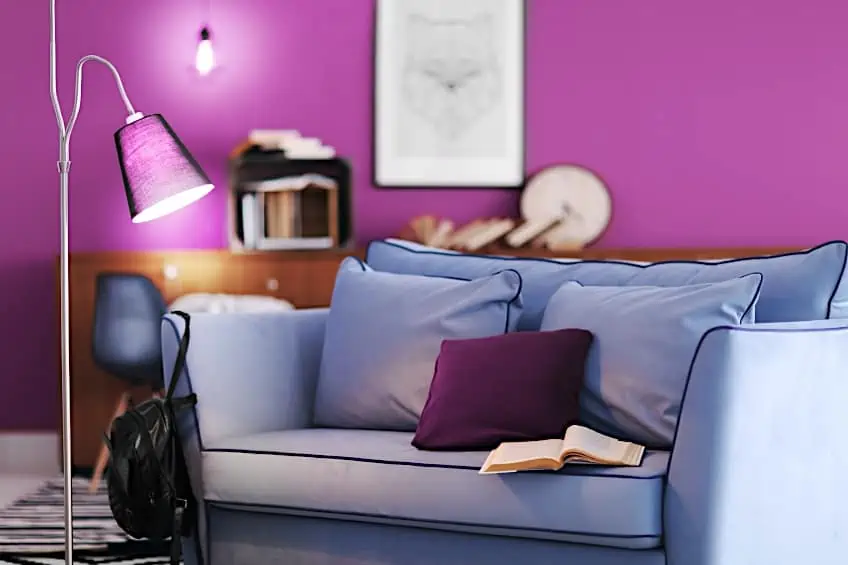
Cream is a color that makes any area appear rich and beautiful. Combine the lilac hue with cream to create a décor that is both lovely and elegant in every aspect. This is a surefire color scheme that can work in almost any space, and you can even add deeper hues of purple in select areas for a more finished look. Burgundy is a more powerful, rich, and appealing hue that combines nicely with lilac.
The soft lilac combined with the rich, powerful burgundy creates a warm, bold, and dramatic design that is distinctive and beautiful. This is the best approach to making a place appear sophisticated, rich, and stylish.
| Shade | Hex Code | CMYK Color Code (%) | RGB Color Code | Color |
| Cream | #fffdd0 | 0, 1, 18, 0 | 255, 253, 208 | |
| Burgundy | #800020 | 0, 100, 75, 50 | 128, 0, 32 |

Brown looks great with lilac and should be utilized as the primary hue for furnishings in a lilac decor. Whether it’s a dark or light brown, it will still complement the lilac hue wonderfully, and it will also help to create a warm, cozy, and classy atmosphere.
Less bright or subdued greens such as pistachio green look fantastic with lilac, and one hue in particular that works well is olive green.
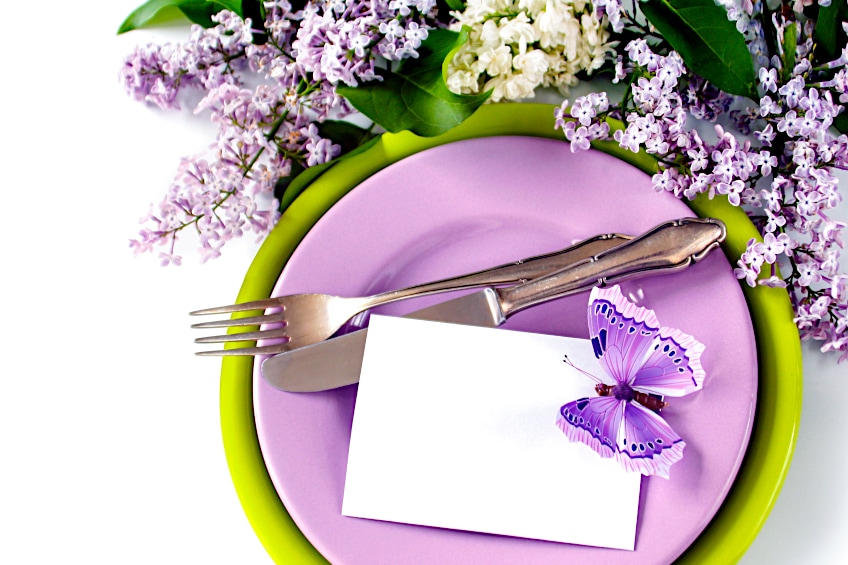
Olive green and lilac color combination may easily create a serene and comfortable atmosphere while also enhancing feelings of optimism. When utilized together, these two hues will complement each other, giving emphasis to their beneficial characteristics.
Because green complements lilacs, if you don’t want to overdo it with olive green, simply incorporate green plants to maintain a balance.
| Shade | Hex Code | CMYK Color Code (%) | RGB Color Code | Color |
| Dark Brown | #654321 | 0, 34, 67, 60 | 101, 67, 33 | |
| Pistachio | #93c572 | 25, 0, 42, 23 | 147, 197, 114 | |
| Olive | #808000 | 0, 0, 100, 50 | 128,128,0 |
What Colors Go With Lilac Clothing?
Do you adore the lilac color but find it difficult to locate apparel that complements it? The lilac color is perfect for spring and is a terrific option for women who wish to wear pastels. However, the process of matching it with other colors may not be as wonderful as it appears for many individuals out there.
If you’re still unsure about other colors that work with lilac, try blue, such as denim. it might be a denim skirt, blouse, jacket, or pants. You are also welcome to wear your lilac dress with it.
| Shade | Hex Code | CMYK Color Code (%) | RGB Color Code | Color |
| Denim Blue | #2F6479 | 61, 17, 0, 53 | 47, 100, 121 |
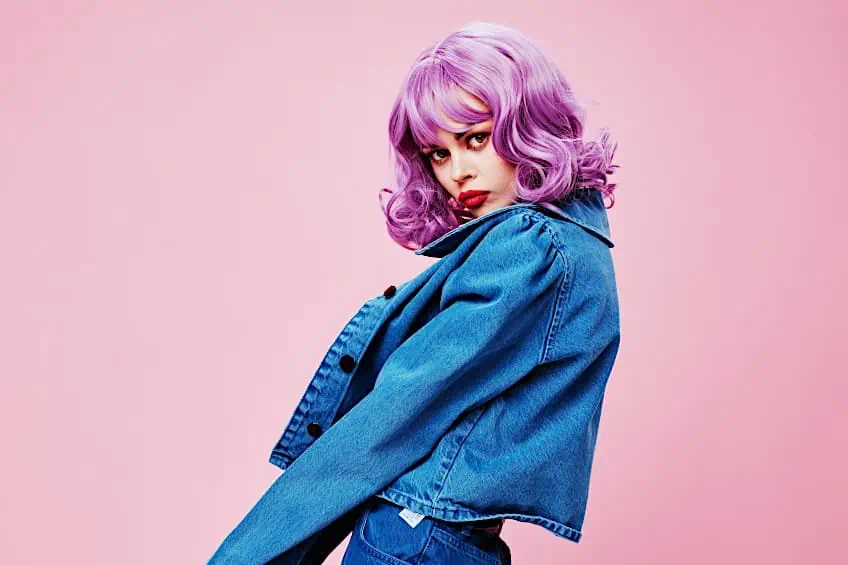
An analogous color outfit refers to the style of blending closely related colors such as purple and lilac. For example, a top could be is purple, while the bottom could be lilac. Also, keep in mind that lilac is a pale purple. Due to the two related yet opposing hues you wouldn’t think this color combination would work nicely, but give it a try and see for yourself.
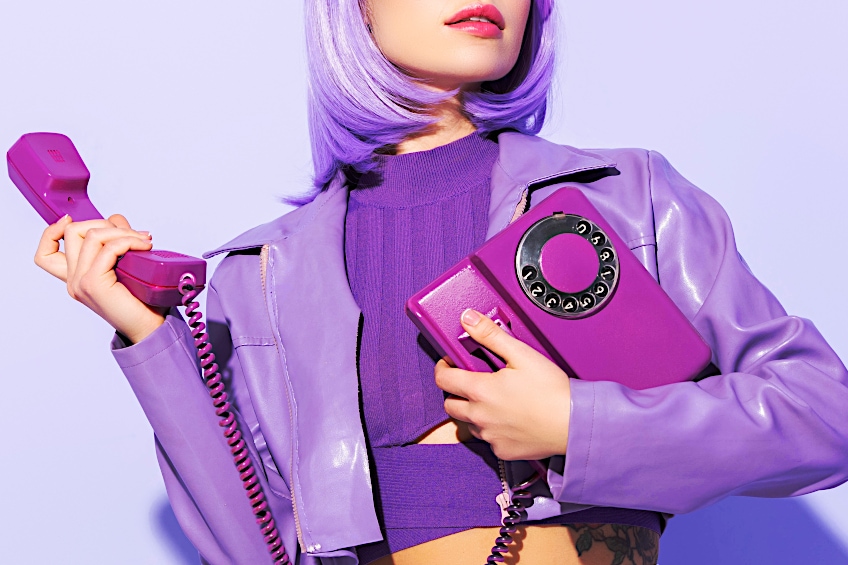
Canary yellow is also a very stylish color to match the lilac color. The yellow adds a burst of energy to the subdued lilac and is a great combo for a lovely summer’s day. Other colors you can wear with lilac are amazon green, pink, and black.
| Shade | Hex Code | CMYK Color Code (%) | RGB Color Code | Color |
| Black | #000000 | 0, 0, 0, 100 | 0, 0, 0 | |
| Canary Yellow | #ffef00 | 0, 6, 100, 0 | 255, 239, 0 | |
| Amazon Green | #3b7a57 | 52, 0, 29, 52 | 59, 122, 87 | |
| Pink | #ffc0cb | 0, 25, 20, 0 | 255, 192, 203 |
This soft and peaceful color may not only improve your overall mood but also make your home seem restful and refreshing. According to color theory, the lilac color is associated with delicate, attractive, loving, free-spirited, and peaceful qualities. The lilac color has a unique, enticing energy that draws the viewer’s attention in with a dreamlike, even mystical look that will look great in your home, clothing, or art.
Frequently Asked Questions
What Colors Go With Lilac?
While you may utilize the color wheel to easily combine complimentary colors, keep in mind that fashion trends are occasionally produced by pairing colors that don’t normally work together. Lilac is a nice and flexible color. To create a vibrant palette, contrast it with yellow, orange, olive green, and gray. It also looks great with other shades of purple or a subtle pink. Lilac works effectively in situations where you wish to convey delicacy or tranquility due to its delicate appearance.
What Is the Meaning of the Lilac Color?
While a traditional lilac represents first love and romance, a blue or magenta lilac may indicate everything from passion and affection to peace and pleasure. Lilacs are commonly associated with spirituality and new beginnings. Because the lilac blooms one of the first in the spring, many people associate the hue with new beginnings, spring, and rejuvenation. The hue can also represent self-assurance. Due to its beauty, the Celts claimed that the lilac had supernatural abilities, but the Victorians felt that offering someone a lilac represented an old, often forgotten love. Widows commonly wore the lilac to remember their spouses who had died. The Russians thought that hanging a lilac bloom over a baby may provide the child with lifelong knowledge.
Duncan graduated with a diploma in Film and TV production from CityVarsity in 2018, after which he continued pursuing film while taking on a keen interest in writing along the way. Since having graduated, he began working as a freelance videographer, filming a variety of music videos, fashion and short films, adverts, weddings and more. Throughout this, he’s won a number of awards from various film festivals that are both locally and internationally recognized. However, Duncan still enjoys writing articles in between his filming ventures, appreciating the peace and clarity that comes with it.
His articles focus primarily around helping up-and-coming artists explore the basics of certain colors, how these colors can be paired with other shades, as well as what colors are created when you mix one with another. All while relating these shades to historically significant paintings that have incorporated them into their color palette. As a lover of the arts himself, he takes great interest in the Renaissance era of paintings, an era that has directly inspired many of his favorite films.
Learn more about Duncan van der Merwe and about us.
